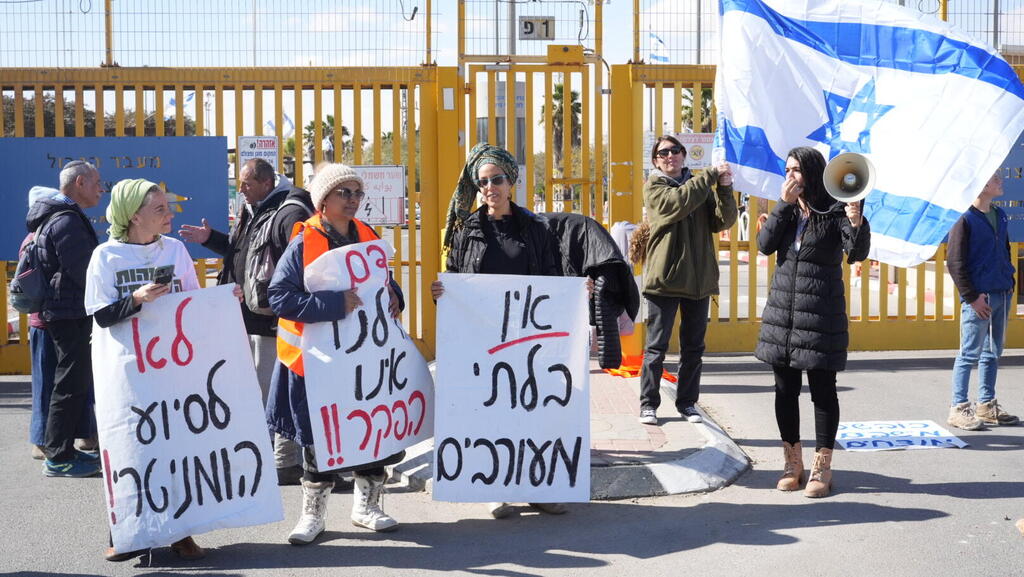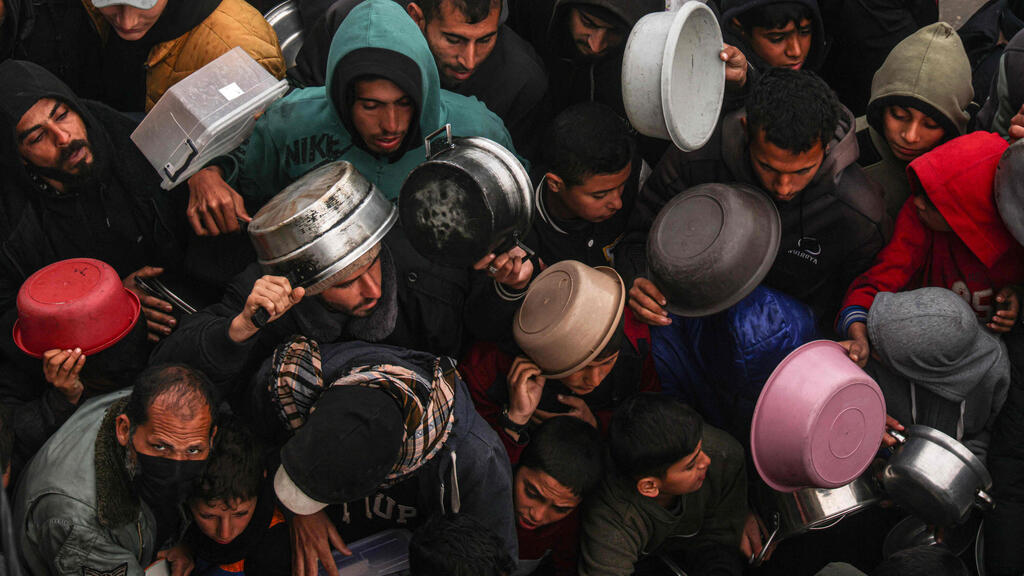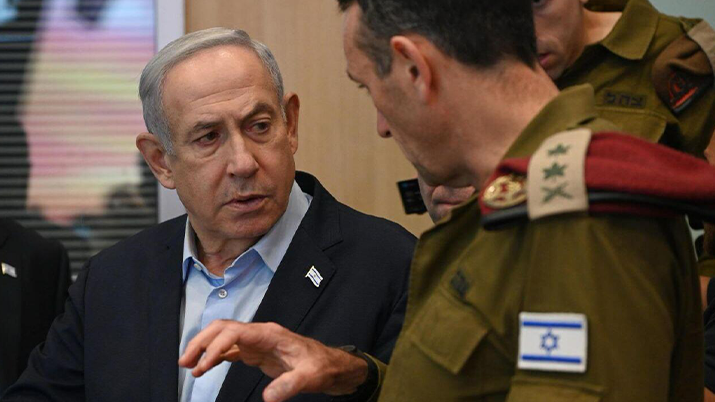Getting your Trinity Audio player ready...
A targeted killing of a senior member of the Hamas police in Rafah
As the IDF's offensive in Khan Younis is nearing its end including the dismantling of the Hamas brigade there, the IDF is preparing for a move on Rafah.
Read more:
The mission is to dismantle the four Hamas battalions there which are considered by IDF commanders to be already weakened more than the Hamas fighters in Khan Younis have been, but the challenge will be to maneuver while there are 1.4 million civilians in the city, including the hundreds of thousands of Gazan's displaced by the war.
The Israeli objective in the coming days is to the release of hostages but also to disrupt the smuggling in of arms or the smuggling out of people, under the Philadelphi Corridor on the Gaza -Egypt border. Critical to both is the role Egypt would play.
Contrary to the unnecessary bravado expressed by some in the political arena, security officials said that any military operation in Rafah and certainly any action on the Philadelphi Corridor would only be done in coordination with Cairo and with international support. Without both, the tactical military operation could become a strategic problem that could affect Israel's ability to achieve its objectives in the war.
The Biden administration has thus far supported Israel's war efforts and its continued backing of Israel is critical, not only for the war in Gaza. The U.S. has said from the start of the war and in no uncertain terms, that Israel must operate in coordination with the international community, must avoid collateral damage to civilians and must allow humanitarian aid into the Strip.
But in recent weeks, the U.S. as others in the international community have cautioned Israel against the protests being held at the border crossings into Gaza, meant to disrupt the transport of aid.
3 View gallery


Protesters block the Kerem Shalom border crossing into Gaza
(Photo: Tomer Shunem Halevi)
Officials in Israel's defense establishment are concerned that those protests would ultimately lead to the aid being brought in through Egypt's Rafah border crossing, without Israel's ability to inspect it, as protests over the past two weeks have considerably reduced the amount of aid passing through the Kerem Shalom border crossing and while Egyptian public opinion is putting pressure on Cairo.
The coordination with Egypt, that allows Israel to inspect each truck carrying humanitarian aid, before it enters Gaza through Egyptian territory, is unprecedented. Any disruption to that coordination, the IDF commanders warn, would be detrimental to Israeli security and could enable weapons to be brought in for Hamas.
On a strategic level, coordination with Egypt remains vital for any future deal to release hostages, even at the expense of political expediency in Israel, should the prime minister raise the ire of his base.
Egypt has not only expressed specific threats that Israel was endangering the logs-years peace agreement between the countries but has also moved tanks and infantry units to the area of the border, fearing a wave of refugees from Gaza, crossing into the Sinai desert.
A senior Israeli official said in an effort to calm those concerns, that Israel would coordinate its actions with the Egyptian military. He said the relations with Egypt are of strategic, long-term value and is important for the war effort and the safe return of hostages. "Our relations are excellent, and our actions will be done in full coordination," he said.
These comments were made to alleviate some of the growing pressure not only from Egypt but from the international community and especially the human rights organizations.
Netanyahu on Friday lay the ground work for a military offensive on Rafah claiming without it the Israeli objective of eliminating Hamas, would not be achieved. This while any military assault on the city would require to first remove the civilian population from areas where fighting would take place.
In his statement on Friday, Netanyahu said he instructed the military to prepare a plan to evacuate the civilians and to dismantle the Hamas battalions. That plan already exists and was approved by the IDF's command. It will be brought to the cabinet when Netanyahu asks for it.
The prime minister is trying to create a perceived rift with the IDF in his public statements, as if he is urging movement while the military drags its feet. This serves him politically.
Once the offensive in Khan Younis winds down, the IDF will open a corridor to move the civilians from Rafah back towards Khan Younis. Although the military had hoped to complete its offensive on Rafah before the Muslim holy month of Ramadan, that scenario appears unlikely and for the time being, specific targets in Rafah are being attacked from the air.
On Saturday, the IDF announced it had killed a senior member of the Hamas police force in Rafah, who was responsible for the security of terror group's most senior leadership.






